As Mexico moves toward greater inclusivity, our personal libraries and reading lists reflect a greater variety of voices and experiences. Reading Mexican LGBTQ+ authors goes beyond supporting diversity; it enriches our lives by promoting empathy, understanding, and personal growth. By embracing new perspectives, we contribute to a more inclusive society and deepen our appreciation for the shared human experience.
Read on to learn more about eight authors whose works offer unique and valuable perspectives.
Alex Toledo
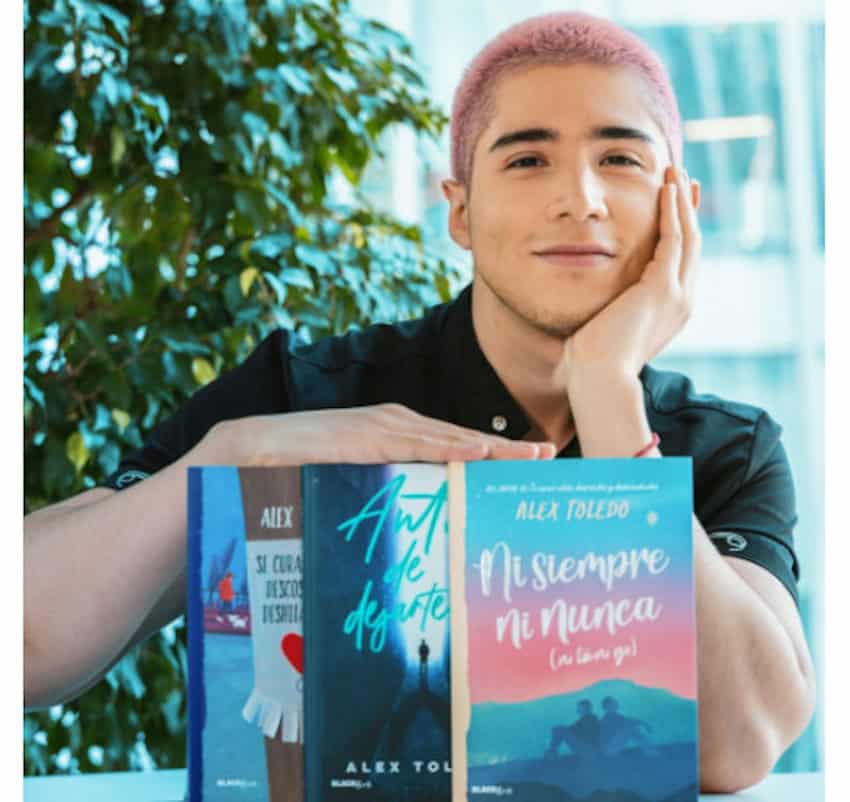
Alex Toledo is a young author who has captured the attention of many with his short stories and novels that explore urban life and the experiences of modern youth. His fresh and dynamic style combines humor, introspection and a critical look at social structures.
Toledo is known for his ability to capture the voice of a generation facing unique challenges. He began writing texts for media aimed at the LGBTQ+ community and later started his own blog, where he initially discussed how he rediscovered his sexuality. In addition to making content for social networks, he has dedicated himself to writing diverse stories.
Recommended books: “Se curan rotos, descosidos y deshilachados” (They Heal Broken, Unstitched and Frayed”) and “Ni siempre, ni nunca (ni tú, ni yo)” (Not Always, Not Ever (Not You, Not Me)”.
Rafael Cabrera
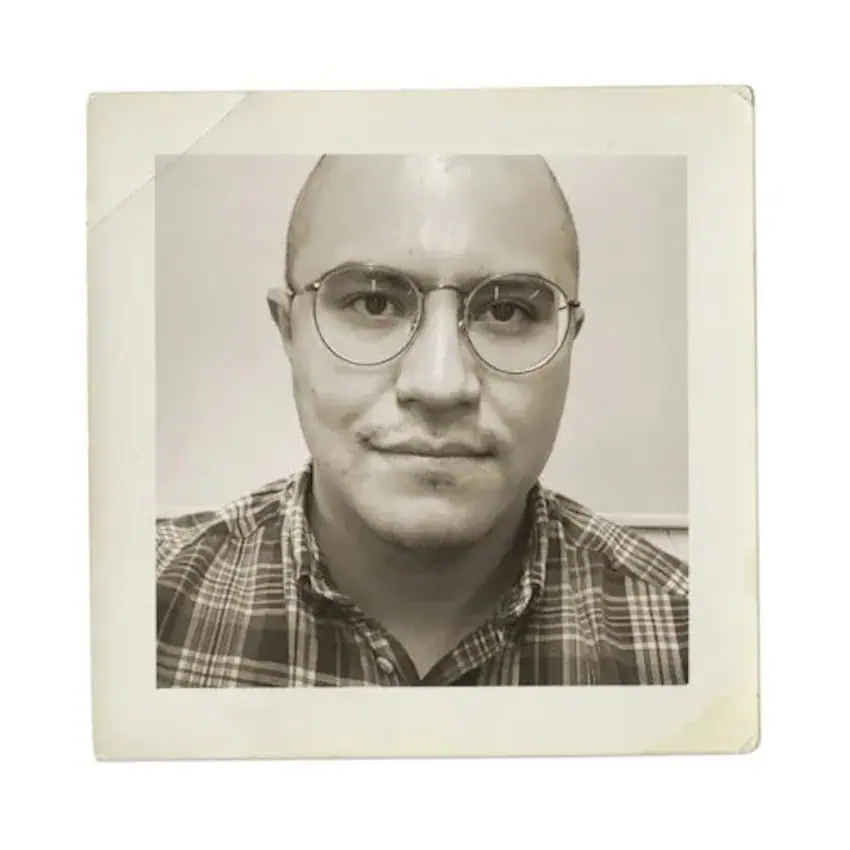
Rafael Cabrera is a contemporary author and journalist whose work has been instrumental in representing cultural diversity in modern literature. Cabrera is noted for his ability to weave complex narratives that are deeply personal and universally resonant.
He is the investigative journalist who became famous for co-authoring the investigation of President Enrique Peña Nieto’s administration, which Cabrera says is “a gay report, with great humor.” Although he hasn’t dabbled in writing about LGBTQ+ issues, we highly recommend you follow him.
Recommended book: “Debo olvidar que existí” (“I Must Forget that I Existed”) which is a portrait of Mexican novelist, screenwriter and journalist Elena Garro — credited with initiating Mexico’s magical realism genre — and the circumstances under which she wrote “Los recuerdos del porvenir” (“Memories of the Future”).
Luis Zapata
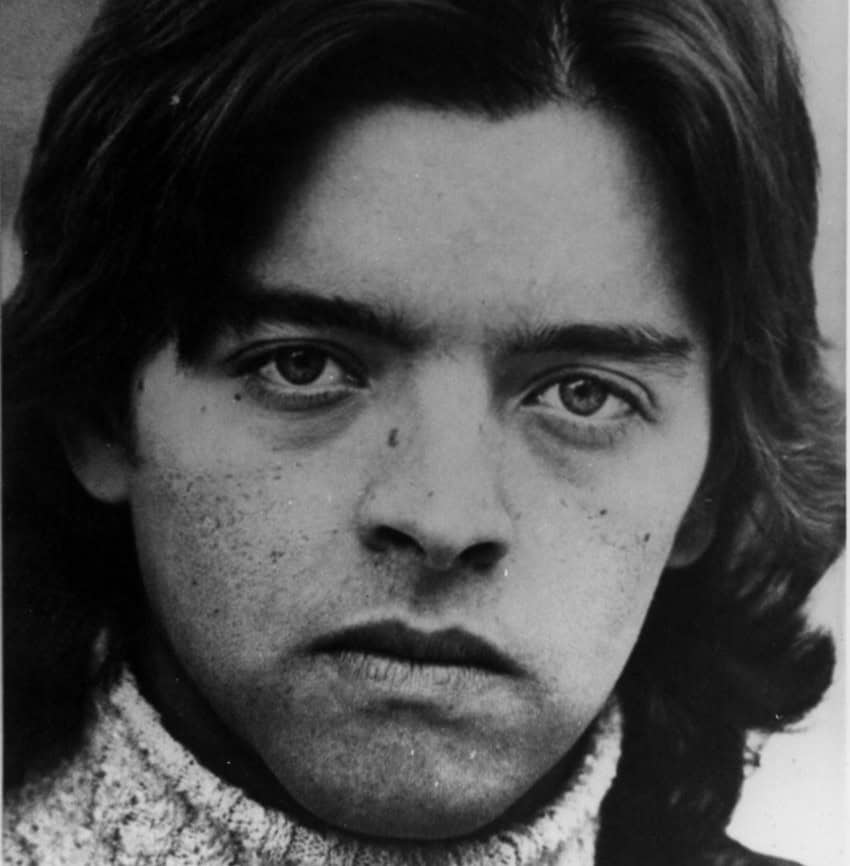
Luis Zapata, a veteran of Latin American literature, is a very influential figure in Mexican gay literature. His works often address issues of sexuality and marginalization, providing a platform for voices that are often silenced.
Zapata is celebrated for his courage in tackling taboo subjects and for his ability to humanize characters struggling with social and personal adversity. The author died in 2020, but his work is a legacy that reflects, far from clichés and prejudices, the life of flesh-and-blood people who live among us.
Recommended book: “El vampiro de la colonia Roma” (“The Vampire of the Roma Neighborhood”). This book is the watershed moment at which LGBTQ+ literature in Mexico came out of hiding.
Clyo Mendoza
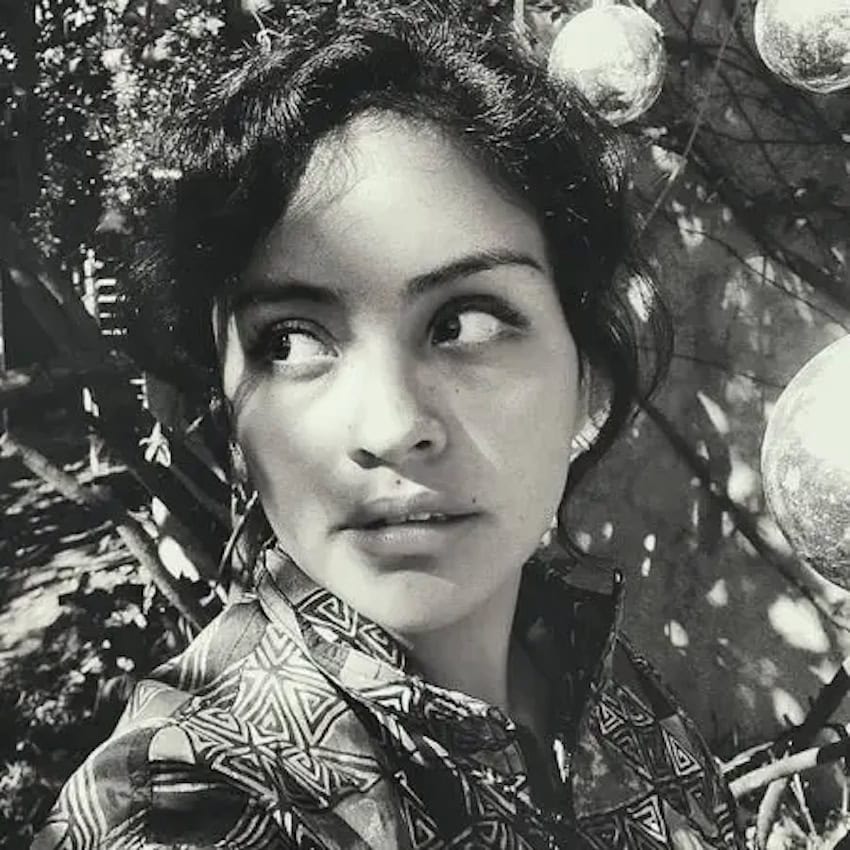
Clyo Mendoza Herrera is one of the most profound voices in contemporary fiction and poetry that recovers the voices of native peoples, victims of gender violence, and desolate spaces. In 2017, she became the youngest writer ever to win the poetry prize in Mexico’s Sor Juana Inés International Literature Contest.
Clyo writes poetry and novels, where she explores different literary techniques, using free verse and automatic writing.
Recommended book: “Furia” is a journey through madness. The book offers a poignant questioning of love and violence, the way they often seem to be intertwined and the suffering both bring.
Reyna Barrera
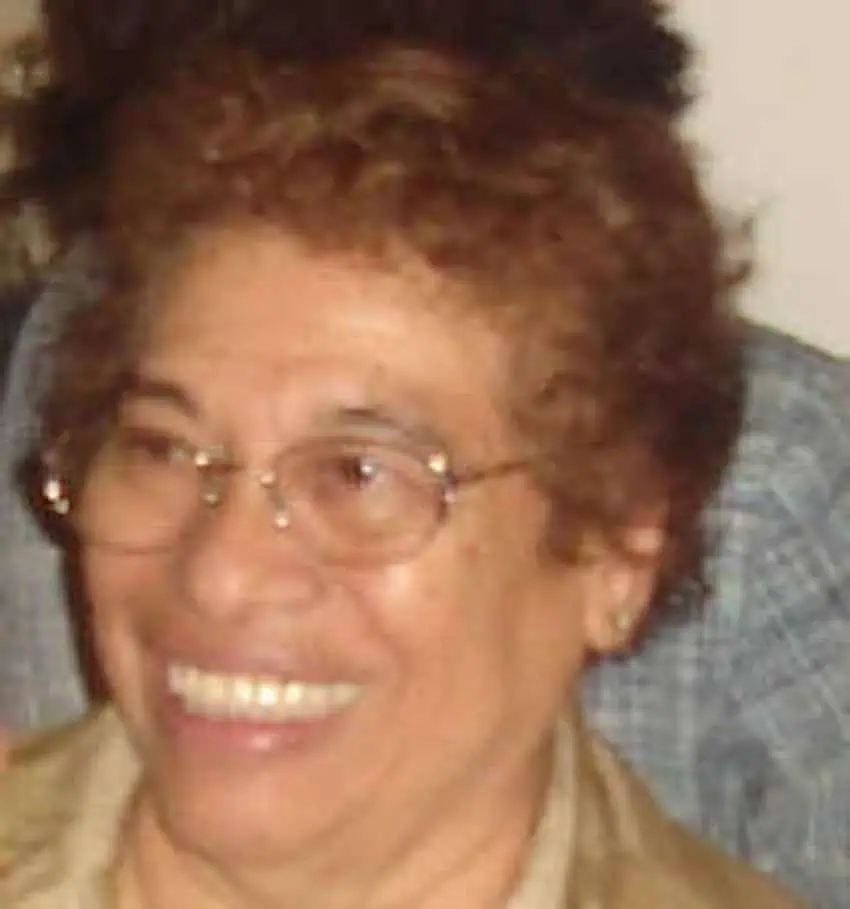
Reyna Barrera’s work, deeply influenced by her cultural heritage, offers an introspective look at the struggles and triumphs of women in diverse contexts.
She has dedicated her life to social justice and freedom, participating in countless strikes and marches for the causes she believes in, especially minority rights. Her testimony to lesbian love has been an inspiration to many who fight for equality and acceptance of sexual diversity in Mexico and around the world.
Beginning her literary career in the 1980s, she has explored themes of love and sexuality and has been a staunch advocate for freedom of expression and gender equality. Barrera is a powerful and necessary voice in contemporary literature, and her work promises to continue to impact readers of all ages.
Recommended book: “Sandra, secreto amor.” (“Sandra, Secret Love”). In this book, Barrera achieves a perfect narrative style in the conception of a still forbidden plot that questions gender and sexuality norms in Mexican society.
Mexico is home to writers from all over the world, and there are three LGBTQ+ Latin American writers who have adopted Mexico and have been adopted as Mexicans. They deserve the spotlight, too.
Calle and Poché
Ver esta publicación en Instagram
This pair of super popular Colombian content creators and romantic partners have together become an icon of the Latin American LGBTQ+ community by defending their civil rights and being open about their personal life and their lesbian relationship. They have over 7 million subscribers to their YouTube channel.
Recommended book: “Sí, si es contigo,” (“Yes, If It Is With You”) a novel about first love and how painful and wonderful it can be. And the sequel “¿Y si no es conimgo?” (“And If It Is Not With You?”)
José Ignacio Valenzuela

The author is also known as “Chascas” by his younger audience. He stands out among LGBTQ+ writers coming from Chile, a place where there is still much to be done to guarantee the right to gender and sexual diversity. Valenzuela and his partner recently went through the process of adopting a child, and he writes about that experience.
Recommended book: “Gente como yo” (“People Like Me”) is the story of a gay couple in search of parenthood, inspired by Valenzuela’s personal experiences. And “Un día con papá y dada” (“A Day With Papa and Dada”), a children’s book dedicated to his daughter, Leonora.
The writers mentioned here are just a tiny sample of the talents that enrich the Mexican literary world. We invite you to share this article and recommend in the comments other Mexican LGBTQ+ writers you think deserve to be better known.
Camila Sánchez Bolaño is a journalist, feminist, bookseller, lecturer, and cultural promoter and is Editor in Chief of Newsweek en Español magazine.
